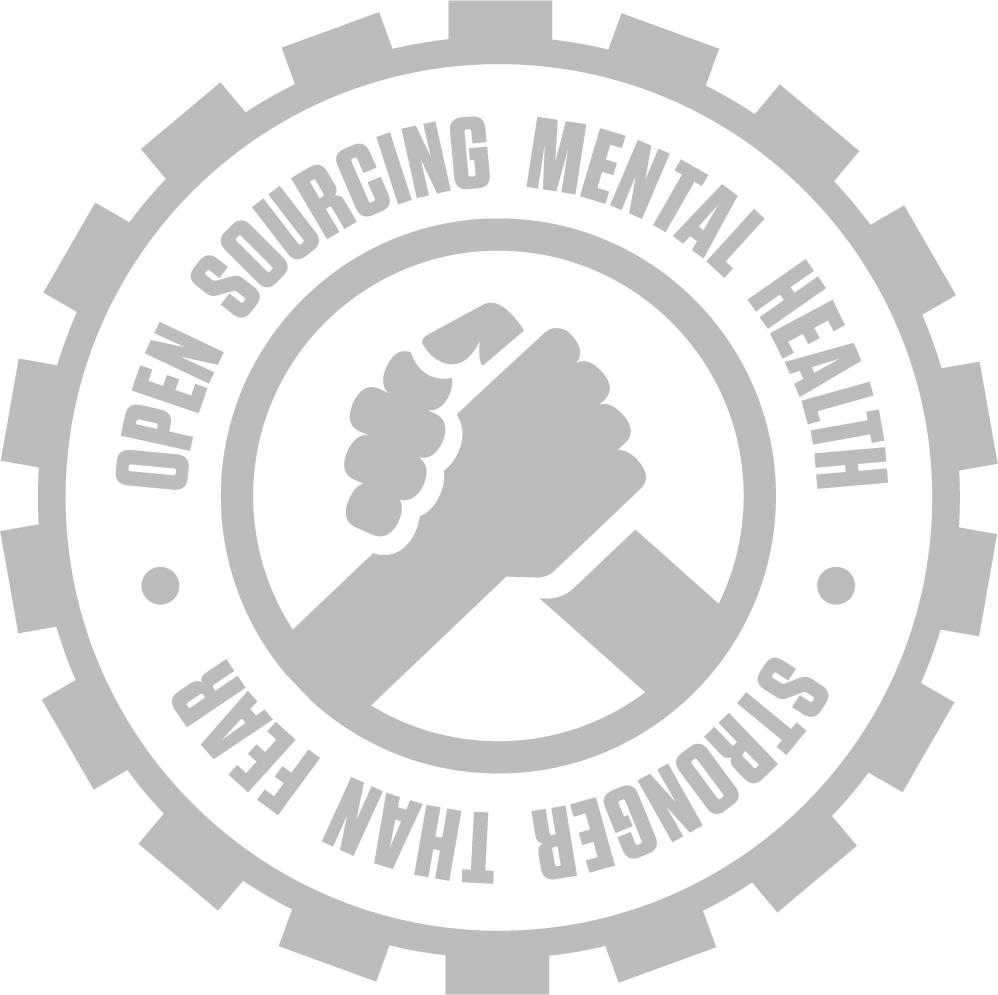The passing of surfing legend Andy Irons in 2010 at the age of 32 stunned fans everywhere. Now, a new film looks at his life and reveals that he struggled with bipolar disorder since age 18. Not only is this film meant to celebrate the life and career of Irons, but it’s also working to shed light on bipolar disorder and its symptoms. “We want people who suffer from bipolar disorder to realize that they are not alone,” says director Steve Jones.
Bipolar disorder is debilitating, but treatable. Some of the most common symptoms are periods of depression mixed with periods of mania, a decreased need for sleep, uncharacteristic thrill-seeking behavior, and alcohol or drug abuse. You can learn more about the symptoms of bipolar disorder and the film about Irons’ life in the article, “5 Symptoms of Bipolar Disorder You Should Know” by Men’s Health.

